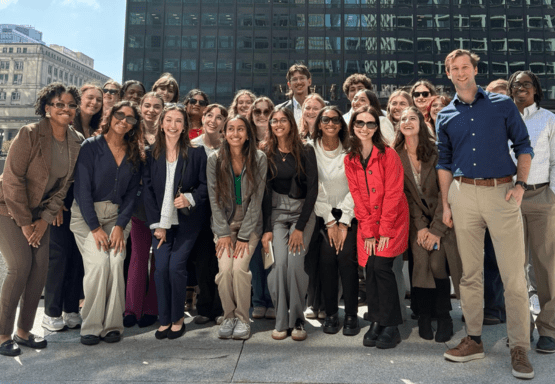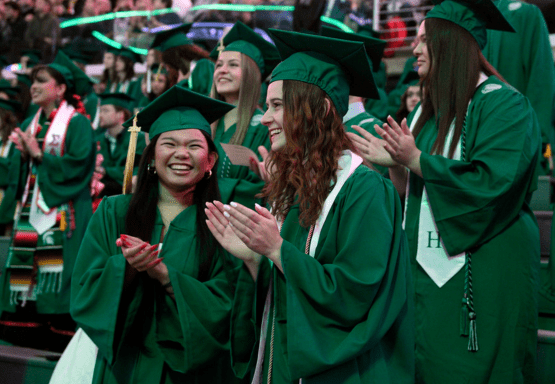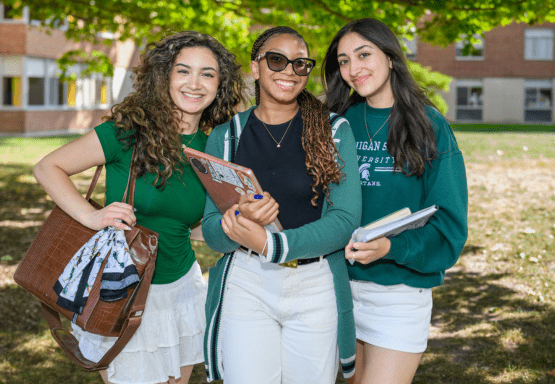Jahshua A.K. Smith (He/Him) is an outreach and recruitment specialist in James Madison College. He holds a B.A. from Michigan State in broadcast journalism, having graduated from the university in 2008. A former student leader for Multi-Racial Unity Living Experience (MRULE-ICA) as well as a Minority Representative for the State News editorial board, Smith brings a long history of student advocacy on campus and many years of leading youth developmental initiatives.
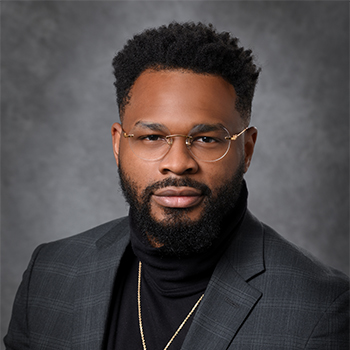
“To be a Negro in this country and to be relatively conscious is to be in a state of rage almost, almost all of the time — and in one's work.” — James Baldwin, civil rights luminary, activist and poet
The older I am, the more this quote resonates. Long before I read books about intersectionality, protested for the rights of Black students and returned to MSU as a recruitment coordinator, tasked with increasing enrollment while nurturing the retention of its African American contingent, I have felt this rage deep within.
In my role, I’ve not only encountered firsthand the systemic barriers that impede access to higher education for many students of color but aim to help engage and train my colleagues on how this looks and feels for those students. Their experiences were not, and are not, isolated incidents but rather indicative of a pervasive issue that requires concerted efforts to address.
The struggle for diversity, equity and inclusion within academic settings is an ongoing battle. Despite significant progress, the journey is far from over. The goal of my work, as a DEI specialist at JMC, is to highlight the importance of creating spaces where all students, regardless of their background, feel valued and supported. This involves not only acknowledging the unique challenges faced by students from marginalized communities but also actively working to dismantle the barriers that hinder their success.
When I introduce myself to prospective students and their families, I want them to understand and appreciate why my role exists, especially since there is open contempt that is thinly veiled racism, aiming to undermine the work I am doing. DEI principles affect recruitment practices. The goal is to communicate why a student belongs and how they can be successful in this space, regardless of their identity and background.
My rage keeps me in a state of constant thought. I vacillate between feelings of grief, guilt and hope. Grief for students who are weighed down. Guilt as I wonder if I am facilitating these harms.
Ultimately, though, I feel compelled to engage Black prospective students because if their representation grows, they will contribute to a more diverse student body, which would manifest a more positive culture.
These students are resilient, and their success is a testament to such because of what they’ve endured.
Because the culture and community I belong to is not monolithic, giving Black students from dynamic backgrounds the opportunity to interact with each other, provides an understanding they are interlinked — even when their stories are not identical.
Black History Month is a call to action for the present and the future — an invitation to each of us to contribute to the ongoing struggle for justice and equality, to ensure that the legacy of resilience and perseverance that defines the African American experience continues to inspire generations to come. We must understand that Black History Month is merely the first step, and much more support is needed in our classrooms and community for Black students to thrive.
It is imperative that we remain committed to fostering an inclusive educational environment that reflects the diversity of our society. This requires a collective effort to ensure that policies and practices within academic institutions are equitable and supportive of all students. Only then can we hope to build a future where every individual can thrive, free from the constraints of racial prejudice.
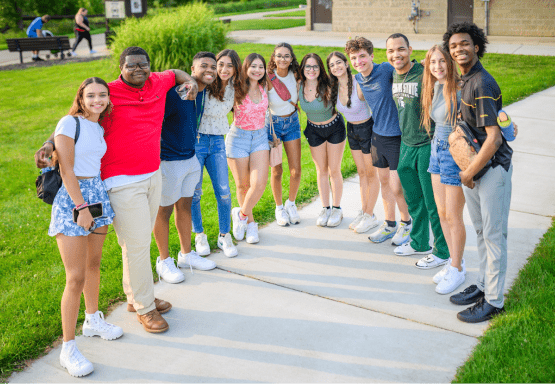
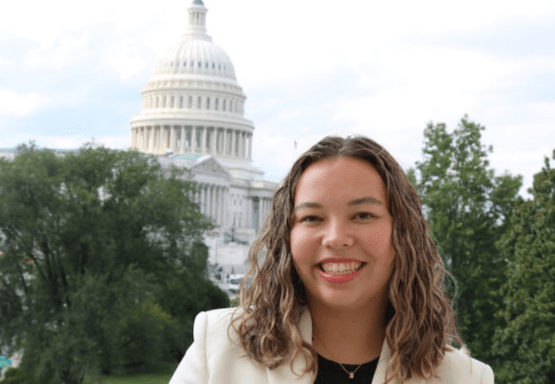
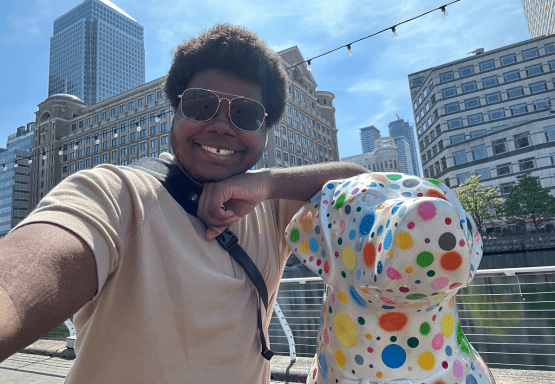
.png?h=384&iar=0&w=555)
